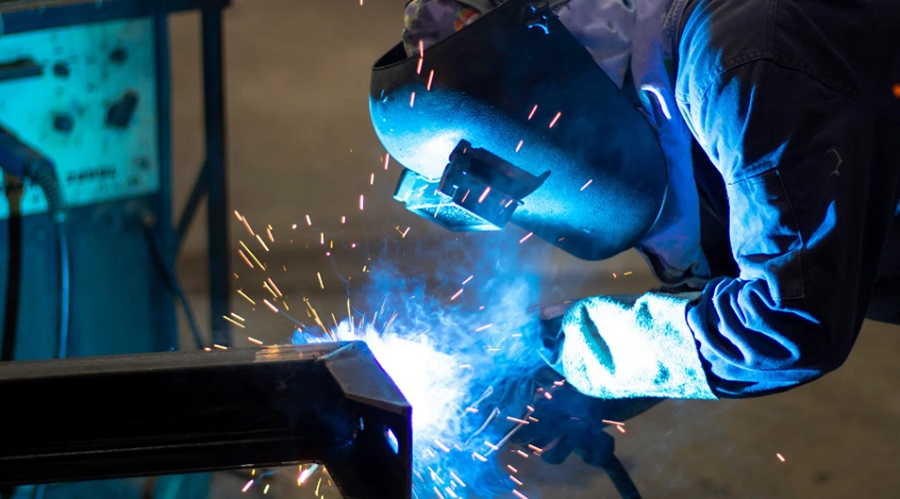
Why Regular Maintenance of Welding Air Filters is Essential
In any welding shop, maintaining clean air is essential for both safety and efficiency. Welding air filters play a vital role in ensuring the air quality remains safe by trapping harmful particles like metal fumes and gases produced during the welding process. Experts in welding air filter maintenance know that routine upkeep is not just about ensuring the equipment runs smoothly—it’s about protecting the health of everyone in the workspace.
Keeping the Air Clean and Safe
Welding produces hazardous fumes that can contain harmful metals, gases, and chemicals, which can pose serious health risks to workers. Welding air filters are designed to capture these dangerous particles, ensuring that the air in the shop remains breathable and safe. Without regular maintenance, these filters can become clogged, inefficient, or even cause more harm than good by failing to capture contaminants. The importance of keeping your welding air filters in top condition cannot be overstated.
Extending the Life of Your Air Filtration System
Welding air filters are an investment in workplace safety and productivity, and keeping them properly maintained can extend the lifespan of the entire filtration system. If filters aren’t maintained or replaced regularly, it can lead to bigger, more costly issues down the line, such as the need for a complete system replacement. By keeping up with routine maintenance, such as cleaning or changing filters as needed, you can prevent wear and tear on your system and get the most out of your investment. It’s also important to regularly check the condition of your filter housing and the airflow system.
Signs It’s Time to Replace Your Filters
Knowing when to replace your welding air filters is crucial for maintaining clean air and system efficiency. There are a few key signs that indicate it’s time for a replacement. Signs it’s time to replace your welding air filtration system include a noticeable drop in airflow, strange odors, or visible damage to the filter material. Additionally, if your welding filters are more than a few years old or have been regularly exposed to high levels of contaminants, it might be time to replace them. Welders should also monitor the overall performance of the air filtration system. If you notice that the air is no longer as fresh as it should be, or if workers begin to complain about respiratory discomfort, it could be a sign that the filters are no longer doing their job effectively.
Preventing Filter Clogs and Reducing Downtime
One of the most common issues with air filtration systems is clogging. Over time, welding filters accumulate debris, smoke, and particles that reduce their efficiency. When a filter becomes too clogged, it can stop working altogether, leading to poor air quality and potential safety hazards. Air filtration in the welding shops is essential for removing harmful fumes and ensuring a safe, breathable environment for workers. Regular maintenance helps to catch these issues early, ensuring filters are cleaned or replaced before they affect the system’s performance. When filters are neglected, welding equipment often runs less efficiently, and the risk of harmful particles escaping into the air increases. This can lead to downtime as the system becomes less effective and workers must stop to address the issue.
Conclusion
In conclusion, the regular maintenance of welding air filters is essential for maintaining a safe and efficient work environment. By keeping filters clean and functional, you ensure that harmful welding fumes are effectively trapped, preventing them from compromising air quality. Routine upkeep also extends the lifespan of the filtration system, reducing downtime and preventing costly repairs. With proper care, welding air filters continue to serve as a key component in safeguarding the health of welders and anyone in the vicinity, making regular maintenance an investment in both safety and productivity.
